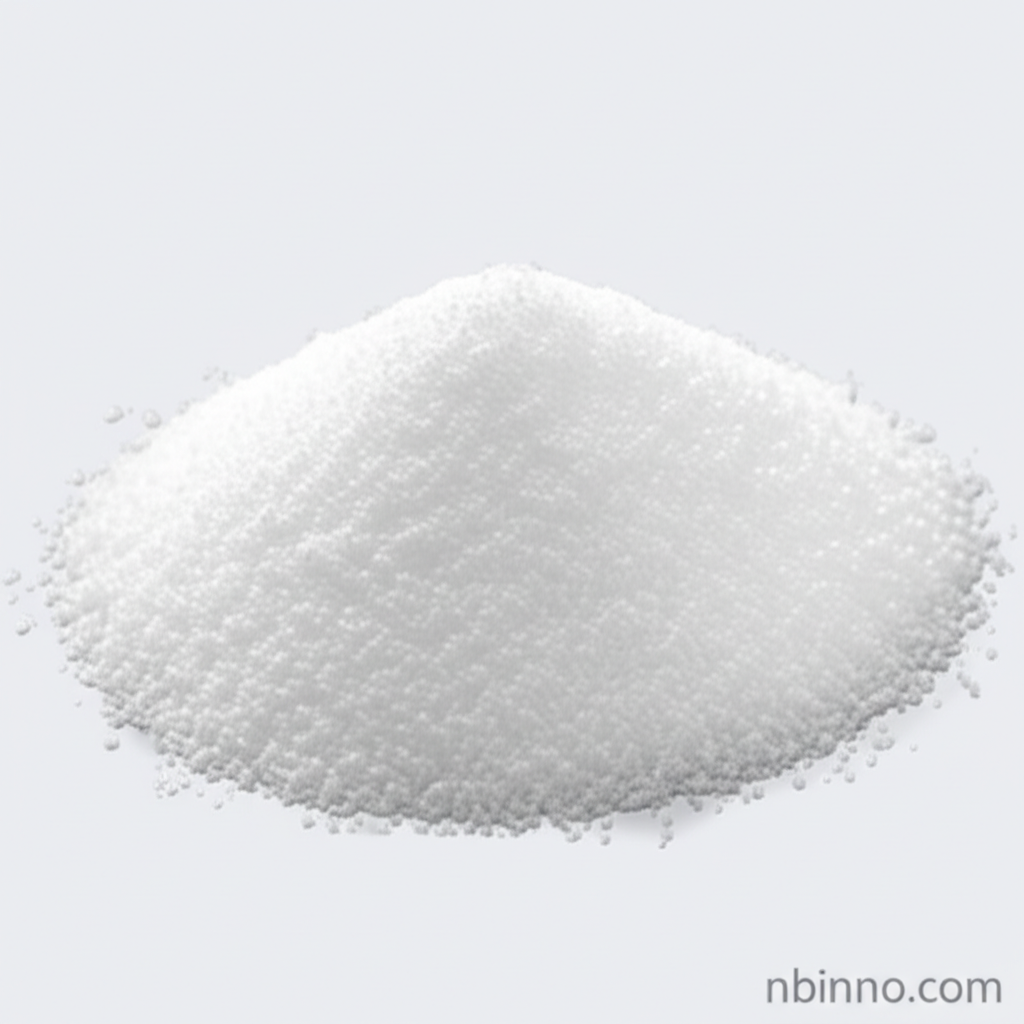Microcrystalline Cellulose: A Pharmaceutical Excipient Essential for Tablet Formulation
Discover the versatility and benefits of Microcrystalline Cellulose (MCC) in pharmaceutical manufacturing and drug delivery.
Get a Quote & SampleUnlocking Pharmaceutical Potential with Microcrystalline Cellulose

Microcrystalline Cellulose
Microcrystalline Cellulose (MCC) is a highly valued pharmaceutical excipient, renowned for its exceptional binding properties and versatility in various dosage forms. Its unique physicochemical characteristics make it an indispensable component in direct compression and wet granulation processes, contributing to tablet integrity, efficient drug release, and overall formulation success.
- MCC binder properties are superior, acting as a strong dry binder that enhances tabletability and compactibility, crucial for robust tablet formulations.
- As a key excipient for direct compression MCC, it facilitates simpler manufacturing processes by reducing the need for granulation, leading to cost and time savings.
- In wet granulation MCC filler applications, its wicking action promotes rapid wetting and uniform granule formation, improving drying efficiency and reducing case hardening.
- The diverse microcrystalline cellulose applications span across tablet binders, disintegrants, fillers, lubricants, and glidants, showcasing its adaptability in drug product design.
Key Advantages of Using Microcrystalline Cellulose
Enhanced Tabletability
Leverage microcrystalline cellulose tablet disintegration to ensure rapid and effective breakdown of tablets, facilitating drug absorption and bioavailability.
Manufacturing Efficiency
The use of pharma grade microcrystalline cellulose in direct compression simplifies production, reducing processing steps and increasing overall manufacturing efficiency.
Formulation Flexibility
With its controllable microcrystalline cellulose bulk density and varied microcrystalline cellulose particle size, formulators can tailor formulations to specific needs, from improved flow to enhanced compressibility.
Critical Applications in Pharmaceutical Science
Direct Compression Excellence
Discover how microcrystalline cellulose serves as a leading excipient for direct compression, offering excellent binding and flow properties essential for high-speed tableting.
Wet Granulation Advantages
Explore the benefits of MCC in wet granulation, where it acts as a binder and filler, ensuring uniform granule formation and improved tablet hardness.
Binder and Disintegrant Roles
Understand the dual functionality of MCC as both a strong binder and an effective disintegrant, crucial for tablet integrity and timely drug release.
Beyond Tablets: Other Uses
Learn about MCC's applications in capsules, as a spheronizing agent for pellets, and in sustained-release formulations, showcasing its broad utility.
